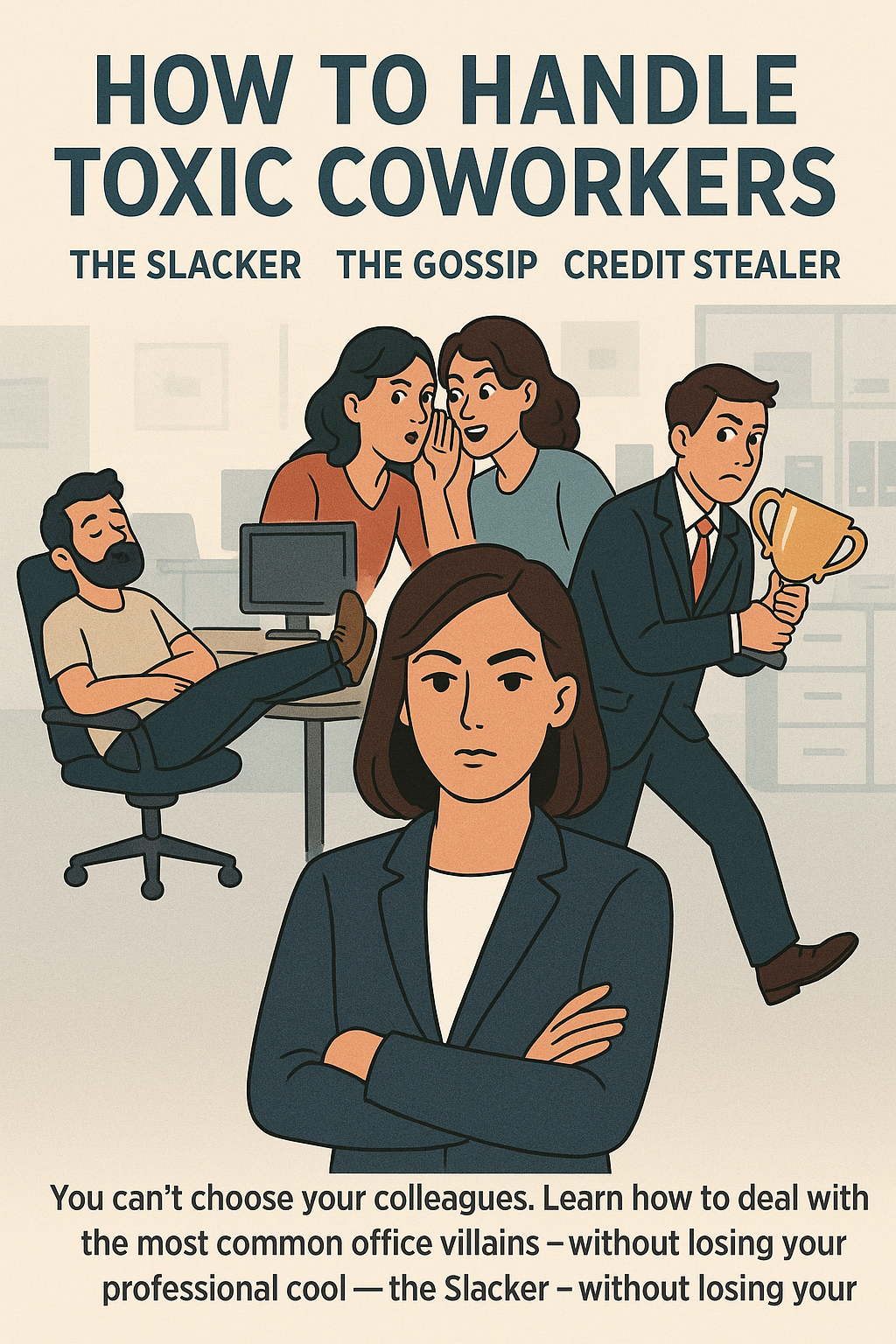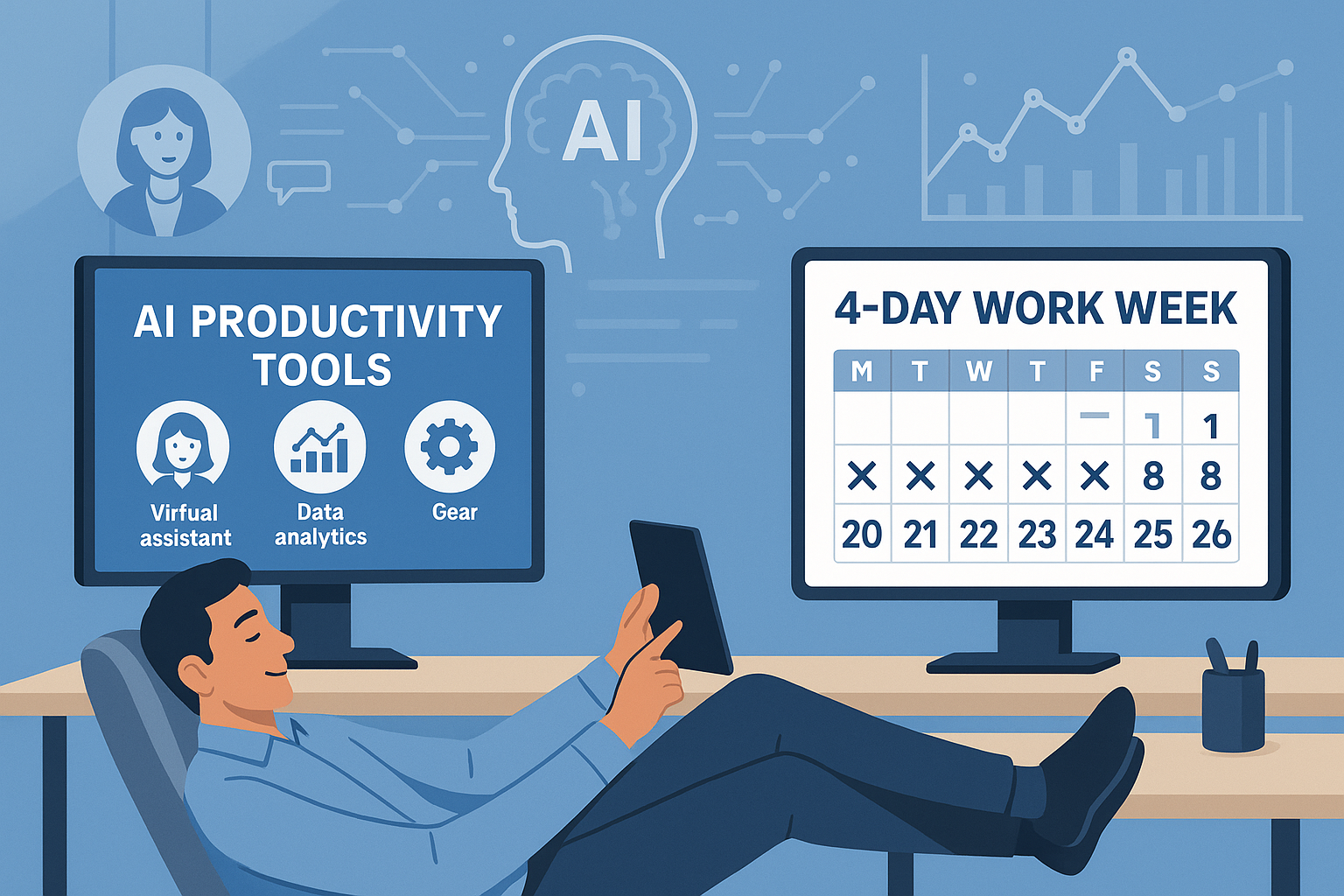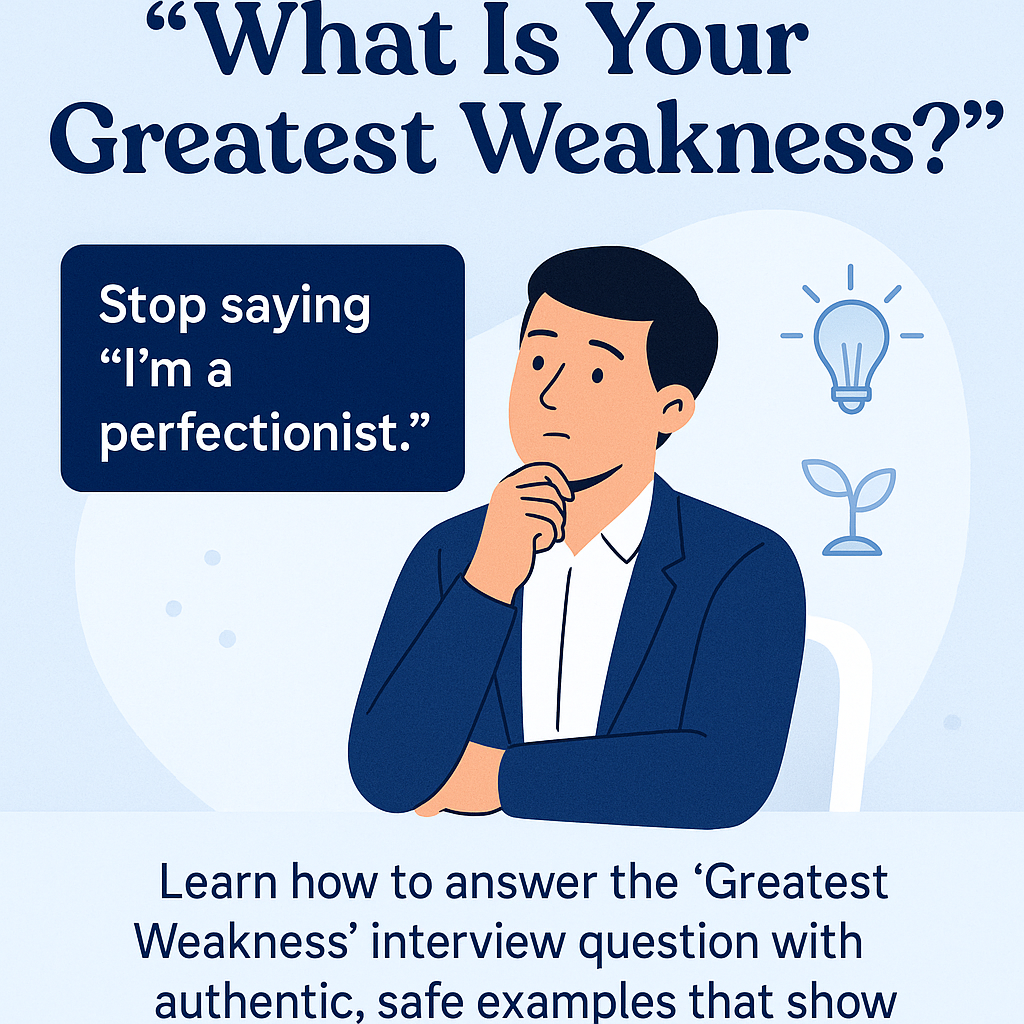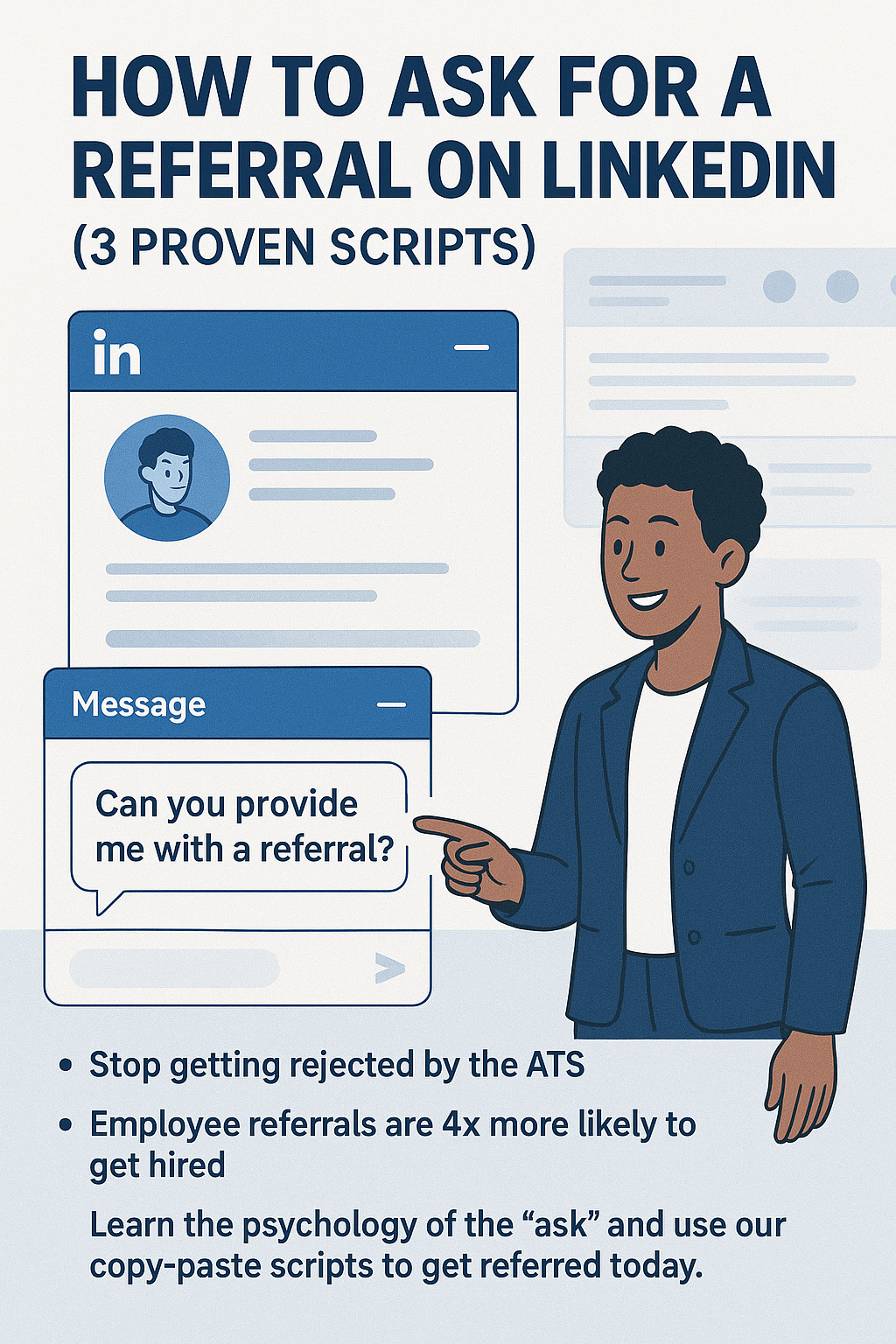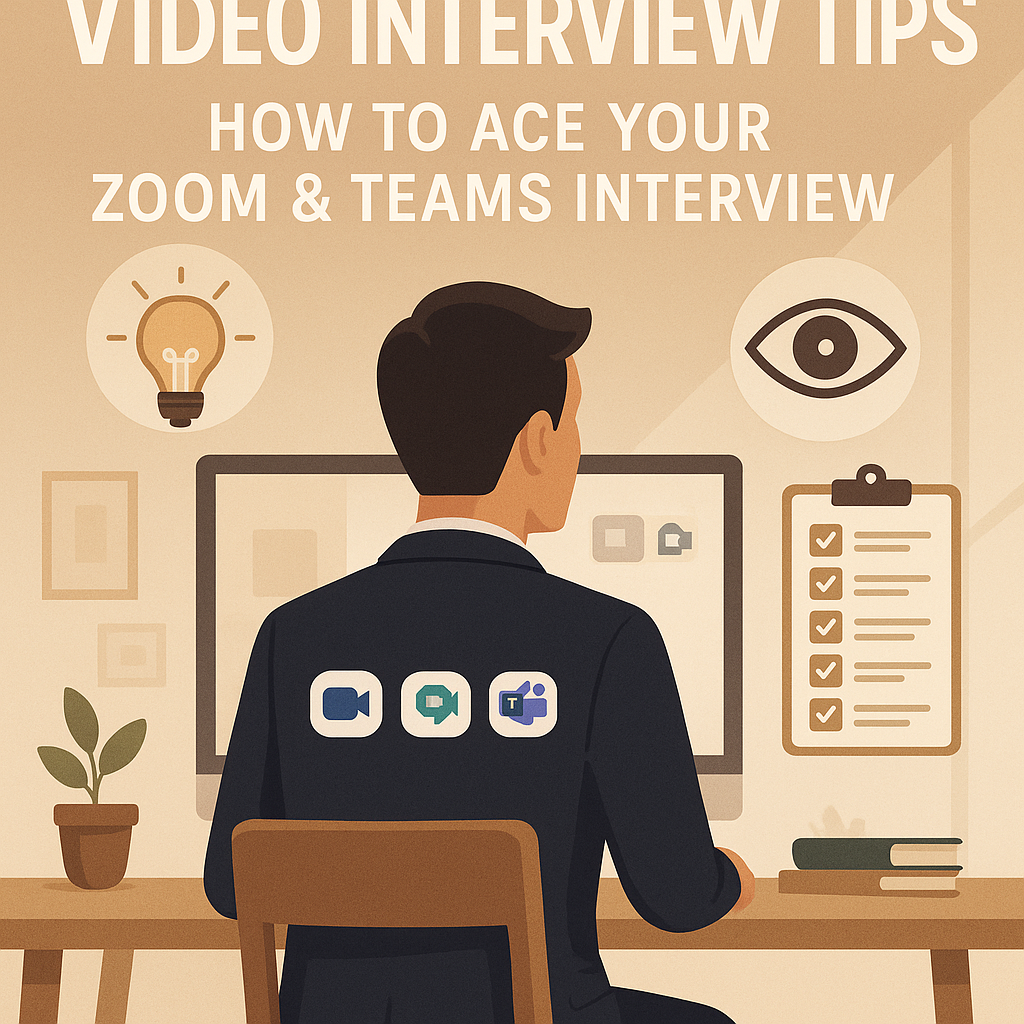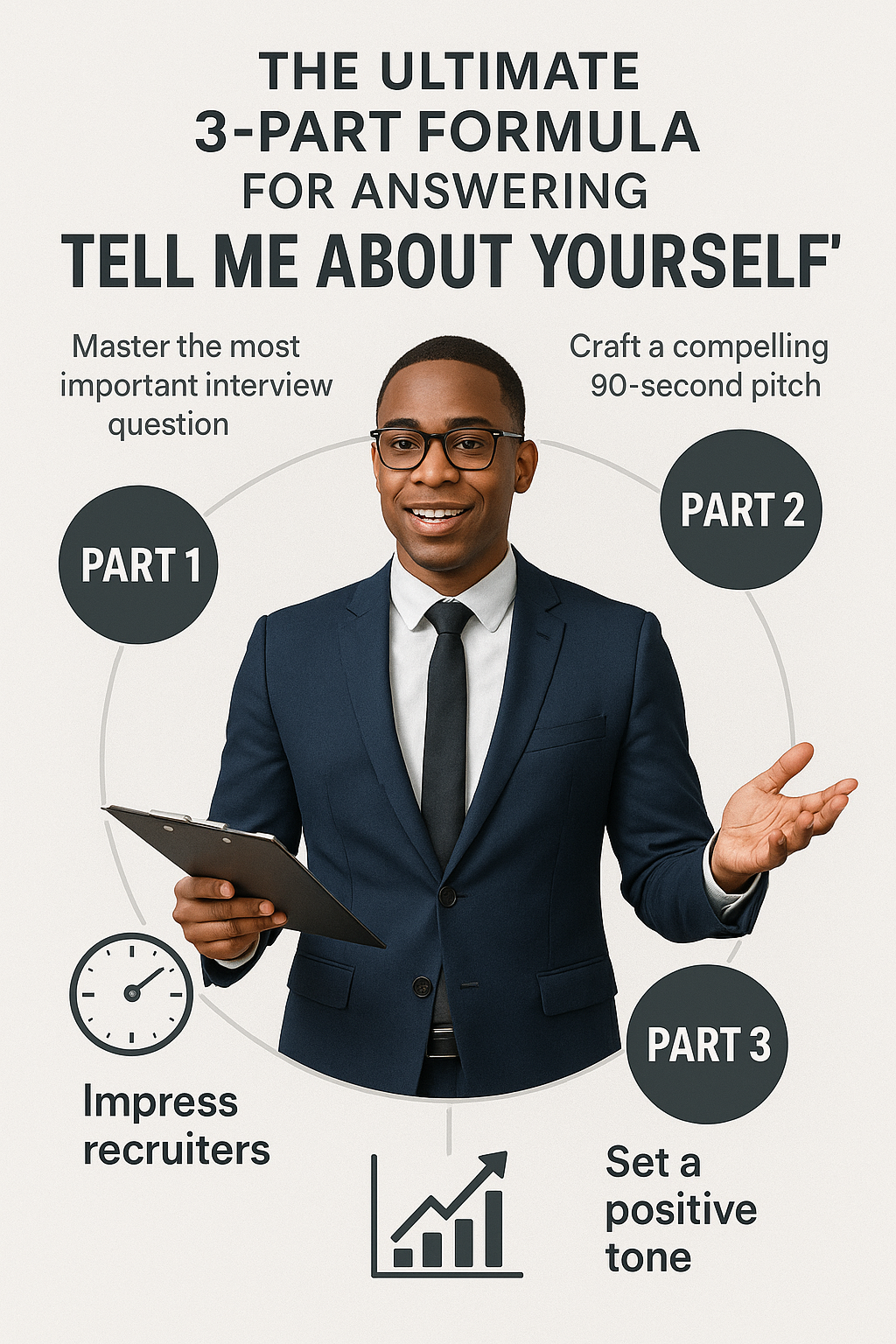
The Ultimate 3-Part Formula for Answering "Tell Me About Yourself"
The interview is about to begin. You’ve done your research, dressed professionally, and taken a few deep breaths. The hiring manager smiles, looks at their notes, and then back at you. And then they say the five words that can make even the most seasoned professional’s heart skip a beat:
"So, tell me about yourself."
It sounds so simple, so conversational. Yet, this single question is arguably the most critical moment of your entire interview. It's a wide-open field, and how you navigate it sets the tone for everything that follows.
Too many candidates fall into the same traps. They freeze up. They start rambling about their childhood in their hometown. Or, worst of all, they robotically recite the bullet points from the resume the interviewer is holding in their hands. These responses aren't just boring; they're a massive missed opportunity.
Because "Tell me about yourself" is not small talk. It is a direct invitation to deliver your elevator pitch. It’s the trailer for the movie of your career, designed to captivate the audience and make them want to know more.
The good news? There's a formula for acing it. A simple, powerful, and memorable 3-part structure that will turn this dreaded question from a source of anxiety into your ultimate secret weapon.
Why Do They Ask? Decoding the Interviewer's Real Intent
Before we unveil the formula, it's crucial to understand why this question is always the opener. It’s not because the interviewer is lazy. They are strategically trying to accomplish three things:
- To Break the Ice and Test Your Communication Skills: They want to see how you handle an open-ended question. Are you confident, articulate, and structured? Or are you nervous, scattered, and unprepared? Your answer is the first sample of your professional communication style.
- To Get a Roadmap for the Interview: Your answer is a guided tour of your career highlights. What you choose to emphasize tells the interviewer what's important and gives them a natural roadmap for their follow-up questions. You are literally setting the agenda.
- To Check Your "Vibe" and Passion: Are you genuinely excited about your field? Do you speak about your accomplishments with conviction? This question helps them gauge your personality and whether you would be a good cultural fit for the team.
The Ultimate 3-Part Formula: Present, Past, Future
The most effective way to structure your answer is a simple, logical progression that is easy for you to remember and easy for the interviewer to follow.
Think of it as Present - Past - Future.
Your goal is to deliver a compelling, 90-second narrative that covers these three points seamlessly.
Part 1: The Present - Who You Are Now (Approx. 30 seconds)
This is your headline. Start strong by giving a concise overview of your current role and a significant, quantifiable achievement. Don't just state your title; frame it with your expertise.
- What to include: Your current role, your key area of expertise/responsibility, and one recent, impressive accomplishment.
- Example Phrasing: > "Certainly. I'm currently a Senior Data Analyst at [Current Company], where I specialize in leveraging data visualization tools to translate complex datasets into actionable business insights for the marketing team. In my most recent project, I developed a new predictive analytics model that helped identify at-risk customers, contributing to a 10% reduction in customer churn last quarter."
This opening is powerful. It immediately establishes your current level, your core competency, and provides a concrete, data-backed achievement.
Part 2: The Past - How You Got Here (Approx. 45 seconds)
This is where you connect the dots. Briefly touch upon 1-2 past experiences that are directly relevant to the job you're applying for. This isn't a full history lesson; it's a curated story showing how you've built the skills they need.
- What to include: A brief mention of a previous role or a key project that equipped you with the skills listed in the job description.
- Example Phrasing: > "Prior to this role, I spent three years at [Previous Company] as a Business Analyst. It was there that I honed my skills in SQL and Tableau and first developed my passion for predictive analytics. I was part of a team that built the company's first-ever customer segmentation dashboard, a project that taught me the importance of cross-functional collaboration with sales and product teams. That experience was foundational in preparing me for the kind of data-driven, strategic work I do today."
Notice how this connects past experiences to present capabilities, and subtly aligns with the needs of a future employer.
Part 3: The Future - Why You're Here (Approx. 15-20 seconds)
This is the crucial closing. You must tie your past and present directly to this specific opportunity. Why are you sitting in this chair, talking to this person?
- What to include: A clear statement about why you are interested in this role at this company. Mention something specific that excites you.
- Example Phrasing: > "The reason I was so compelled to apply for this Senior Data Analyst position at [Target Company] is because of your renowned focus on data-centric decision-making and your innovative work in the e-commerce space. I'm eager to bring my experience in predictive modeling and my passion for driving business growth to a team that is clearly a leader in the industry."
This ending is perfect because it's forward-looking, tailored, and demonstrates genuine interest.
Putting It All Together: Real-World Examples
Let's see the formula in action for different profiles common in the Indian job market.
Example 1: The Fresher (Recent B.Tech Graduate)
- (Present): "I've recently graduated with my B.Tech in Computer Science from [University], where I finished in the top 5% of my class with a specialization in Machine Learning."
- (Past): "During my final year, I was fully immersed in my capstone project, where my team and I developed a Python-based application that uses natural language processing to detect fake news articles, achieving over 90% accuracy. I also had a six-month internship at [Internship Company], where I got hands-on experience with Agile methodologies and contributed to the frontend development of their client-facing portal using React."
- (Future): "I've been following [Target Company]'s work in the cloud technology space for a while now, and I was particularly excited to see this opening for an entry-level Software Developer. I am incredibly eager to apply my academic knowledge and practical internship experience in a real-world environment, and I'm confident I can start contributing to your team from day one."
Example 2: The Career Changer (Marketing to Product Management)
- (Present): "For the last four years, I've been a Digital Marketing Manager at [Current Company], where my primary focus has been on understanding the user journey and using data to drive customer acquisition and engagement. I recently led a campaign for a new product launch that exceeded our lead generation targets by 30%."
- (Past): "Throughout my time in marketing, I found myself working more and more closely with the product team. I was always fascinated by the 'why' behind the product features and often provided direct customer feedback that helped shape the product roadmap. This led me to pursue a certification in Product Management from [Institution], where I learned the fundamentals of user research, wireframing, and agile development."
- (Future): "The reason I'm here today is that I want to formally transition into a role where I can be at the center of that product creation process. This Associate Product Manager role at [Target Company] seems like the perfect fit, as it would allow me to combine my deep understanding of the customer with my newly acquired technical product skills to help build products that users truly love."
Final Pro-Tips & Mistakes to Avoid
- Keep it to 90 seconds. Practice timing yourself. Concise is confident.
- Tailor it every single time. Read the job description and weave in their keywords. An application is always stronger when your resume and interview answers are aligned, which you can perfect using the JobPe Resume Builder.
- Show enthusiasm. Let your passion for your work shine through in your tone.
- Don't recite your life story. Keep it strictly professional.
- Don't just read your resume. Add context, narrative, and results. A resume's effectiveness can be measured with an AI Score to ensure it's optimized.
- Don't be overly technical or full of jargon. Keep it accessible and high-level.
Conclusion: Your Story, Your Control
"Tell me about yourself" is not a question to be feared. It's an invitation to take control of your own narrative. By using the Present - Past - Future formula, you can deliver a structured, confident, and compelling story that immediately establishes you as a top candidate.
Practice it, refine it, and walk into your next interview ready to turn the first question into your best answer. The more you practice, the more natural it will feel. For more common questions and expert-backed answers, be sure to check out our comprehensive list of interview questions.
For more tools and resources to help you ace every step of the job search, visit us at https://jobpe.com.

Creative Content Writer


